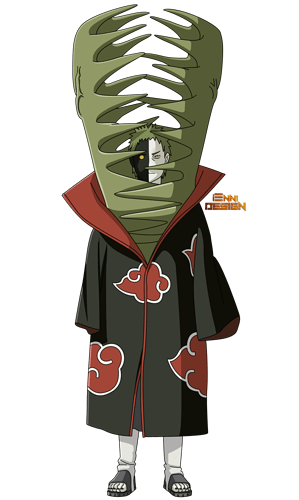I was about to write this one. But for me it reads more like “naked enemy”. I imaged samurai attacking each other while being naked. I will not ask which sword they were using in that situation xD
Interesting take on this kanji 素, I always thought of it as ‘unadorned’, like the nature of something that has nothing attached to it. In which case I thought of 素敵 as ‘with no enemy’… But then again I guess the meaning doesnt matter so much if we know the meaning of the compound haha.
Hmm…
Which kanji dictionary are you using? I use jisho only. (i am not exactly happy with it but it is free so…) It lists such a meanings for that one:
You made me nervous I was learning wrong thing the whole time 
Edit:
After some thought: those meaning actually merge into “unadorned” if you thing about it 0_o. So it is 1 meaning not four…
Hahah, no no, you are right, originally I thought of that kanji as ‘elementary’, but I eventually changed my thought to ‘unadorned’ after seeing it in many compounds. I usually write my own meanings for kanji after seeing them many times. For this one I always felt like the focus was on something ‘not attached’, rather than simply the naked/elementary state of something.
Precisely
Certainly not a primary entry I would want to think of unless you think of Shibuya as ‘diarrhea valley’.
It’s not something WK adds to their entry and if I saw 渋り腹, I would think of some GI blockage at first (that is probably painful) just from the usage of 渋滞 alone but I see the other variations of 渋る. So I wonder if this more associated to symptoms that the actual condition (plus there is other kanji like 痢 for words like 下痢 to describe it).
Anyways, I won’t forget this nuance now 
Actually all three of us seems to be close enough for such a joke thread:
You have enemy that has nothing attach to him, so it is splendid easy job. Same with “weak” meaning: his as no weapons attaches so it is the same.
And my samurais have not even cloths “attach” so they can have fun with theirs “swords” which is splendid I guess?xD
I think I would find likeminded person few thousand years ago in China. Creator of this kanji seems to be person I would have much fun with xD
I learned it from this word. I image people stoping their cars and running to the bushes to help themselves. It is not what is meant to mean but it if funny anyway.
I didn’t meet Shibuya in my reading yet, but I will remember kanji for it for sure. Thanks xD
This one’s very simple, but I always thought 笑 looked like a cat face and that would make me giggle every time I saw. Quite fitting lol
It is number one the most used kanji on twitter. Before I know it I was thinking that they use it regardless of its meaning as emoji xD
I guess I should have used 笑 instead of lol 
https://scriptin.github.io/kanji-frequency/
Here is the data. If you know 笑 and nothing else you can proudly say you understand 3% of Japanese twitter content. Which is more than any person will ever be able to read, so that an achievement indeed xD
In my language spicy and sharp (like a knife) are the same word. Hot makes a lot more sense. There have been many times I accidentally said the food is sharp. And then I learned that sharp means a sour taste in english. Languages are confusing 
Actually it’s the same in Dutch, though you would probably would only say that about an ingredient, rather than an expression of a current experience.
Similar in Polish:
Ostry means sharp or hot/spicy
Pikantny - spicy
gorący - hot
I never said “sharp food” but I remember replying to costumer wanting “hot pizza” (he didn’t know what to order so I ask what he likes) that we don’t sell cold ones.
I like how 花火 (fireworks) literally translates to fire flower. It’s so poetic 
this kanji is my favourite:
興
It straight up looks like it was direct inspiration for Zetsu from Naruto:
Why are we always picking on the Polish with jokes anyway?
Because laughing at Scottish would be too easy. xD
(I am Polish, my wife is half Polish half Scottish)
I always wonder how many of these came in with the Chinese versus were developed locally. The two characters words usually carry the 音読み/Chinese readings, and I suspect a lot of these interesting combinations may have come from there.
I think this also comes into play with individual characters sometimes.
One example being: 税金
I believe the Japanese system would have had rice for tax, not wheat, but here we see wheat popping up.
Or, 凍る, — why would the east be associated with cold in Japan, where the opposite is true generally speaking… (and north as well obviously)…
The etiology is interesting to ponder.


